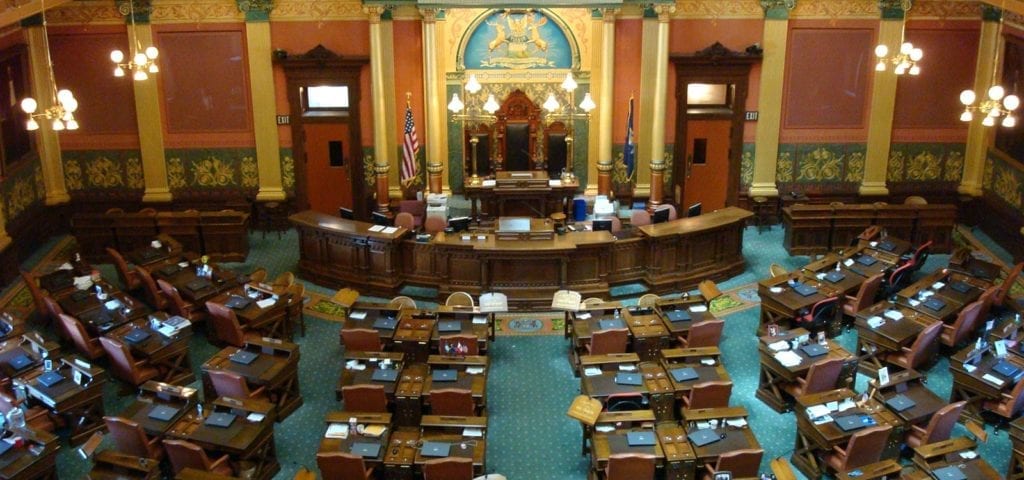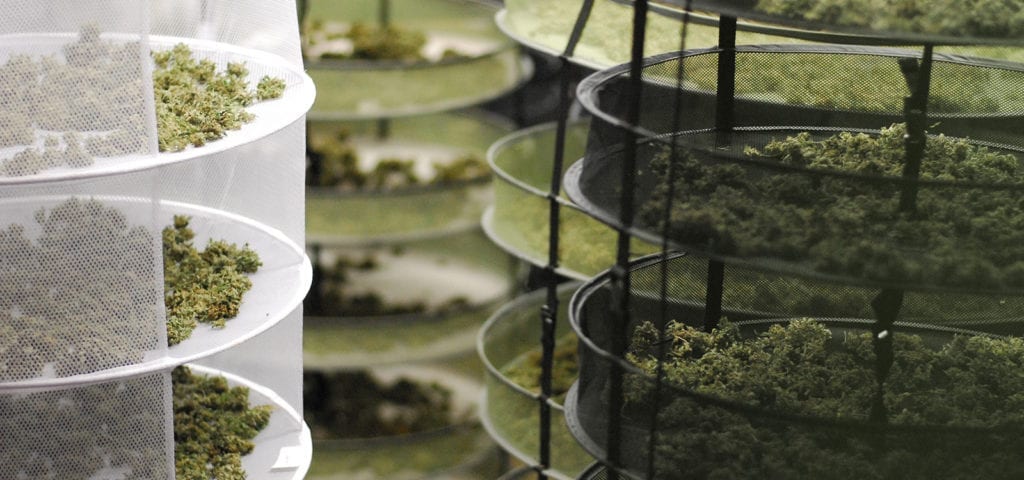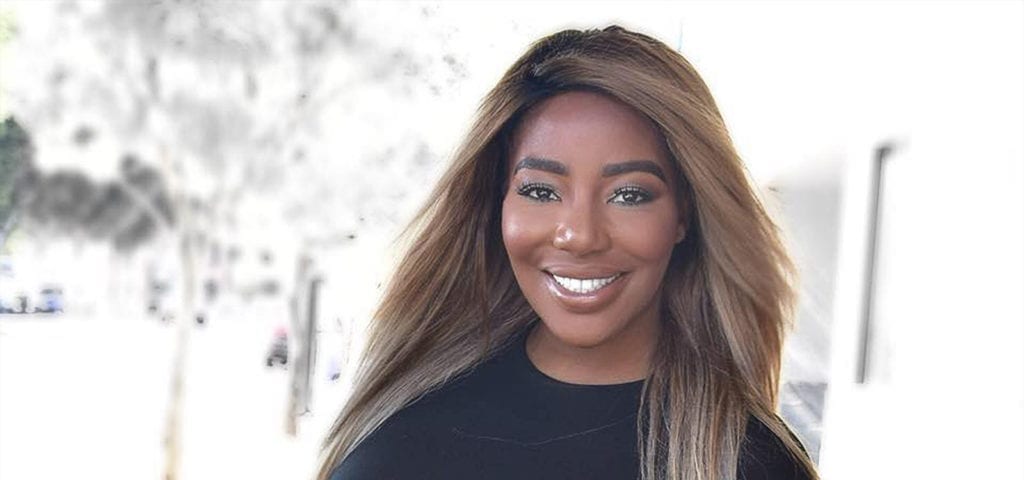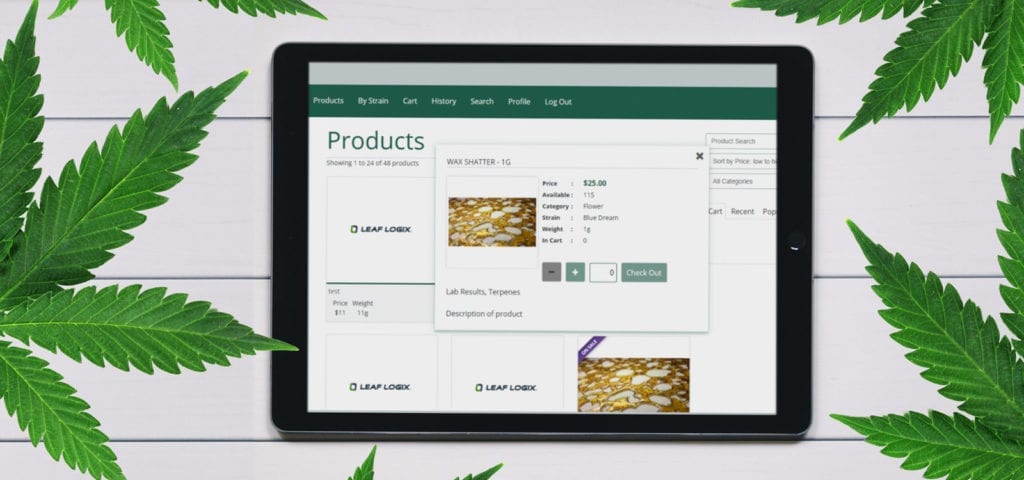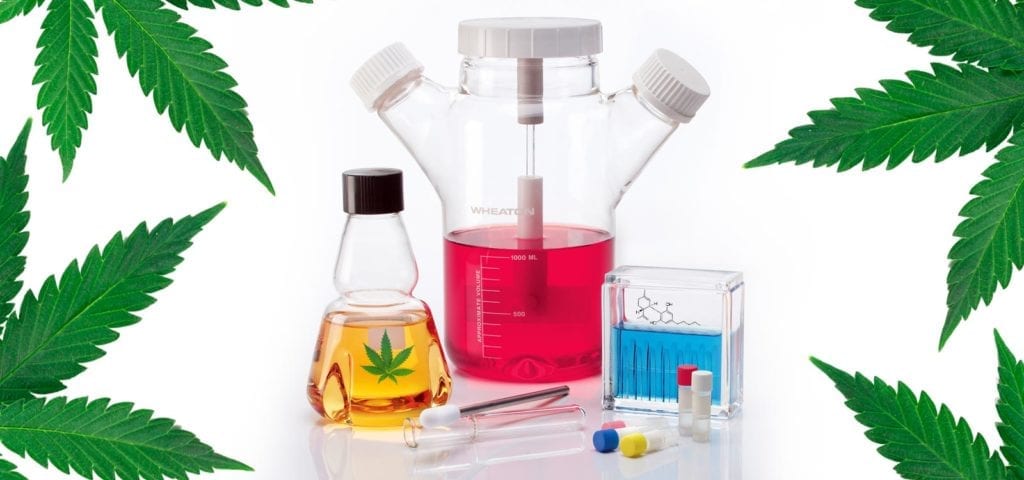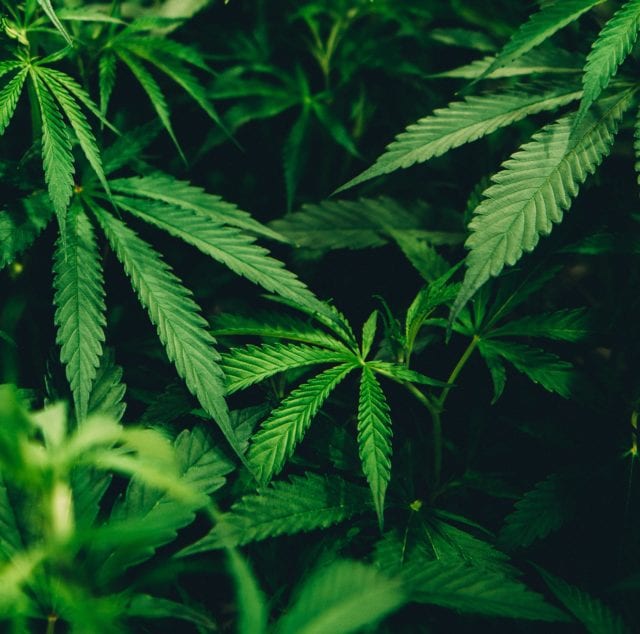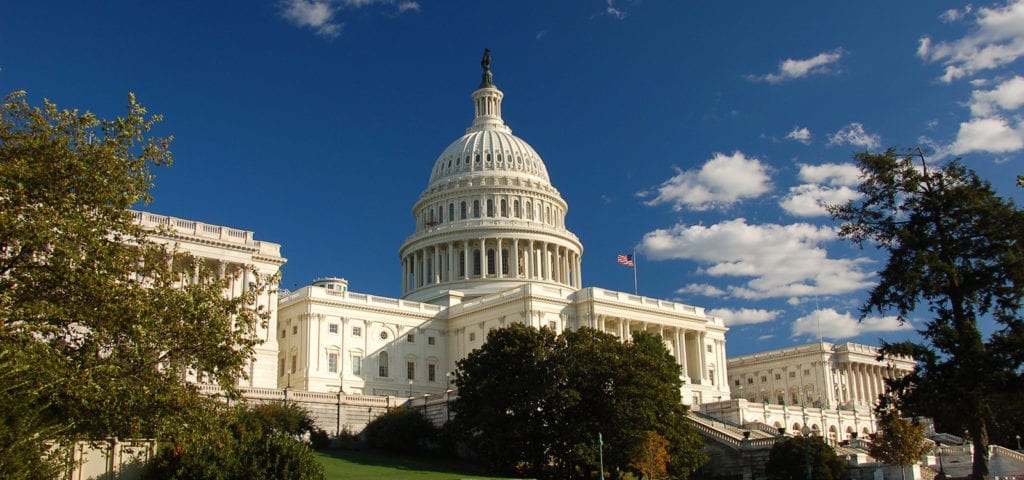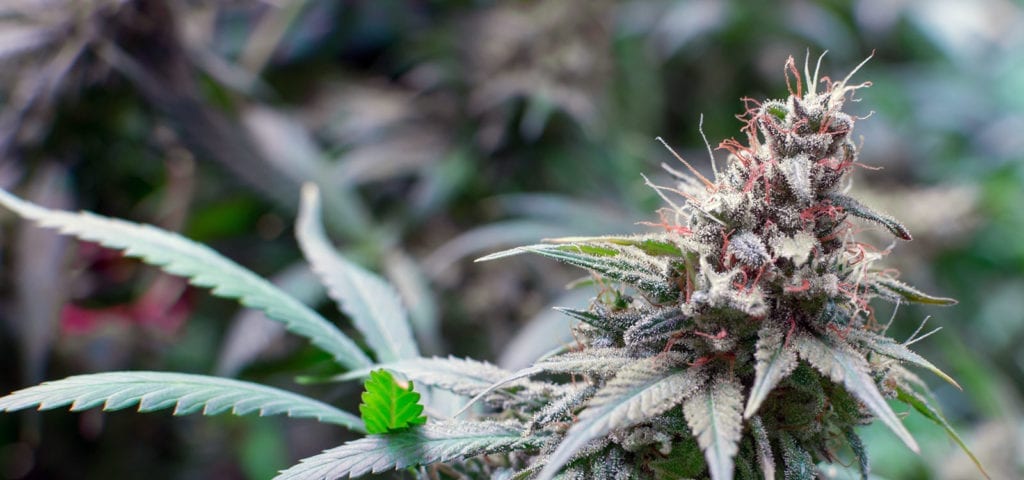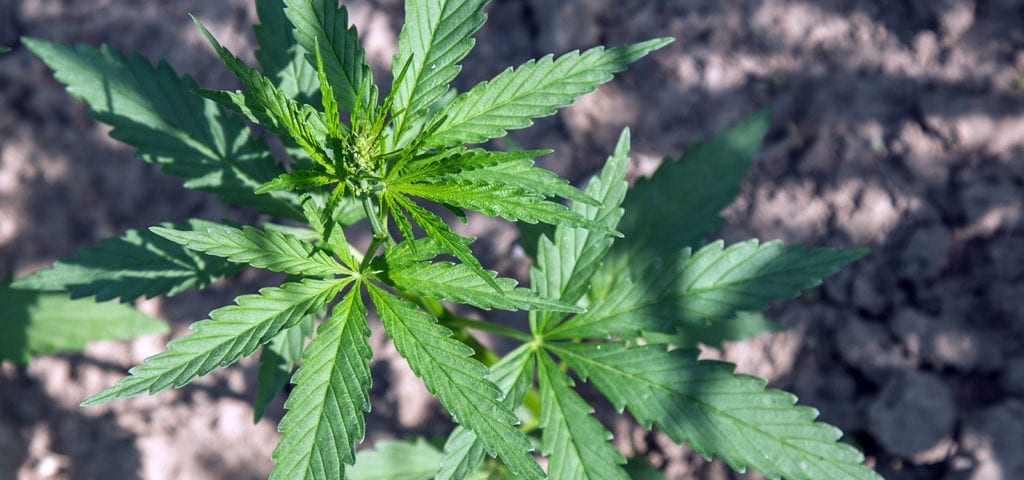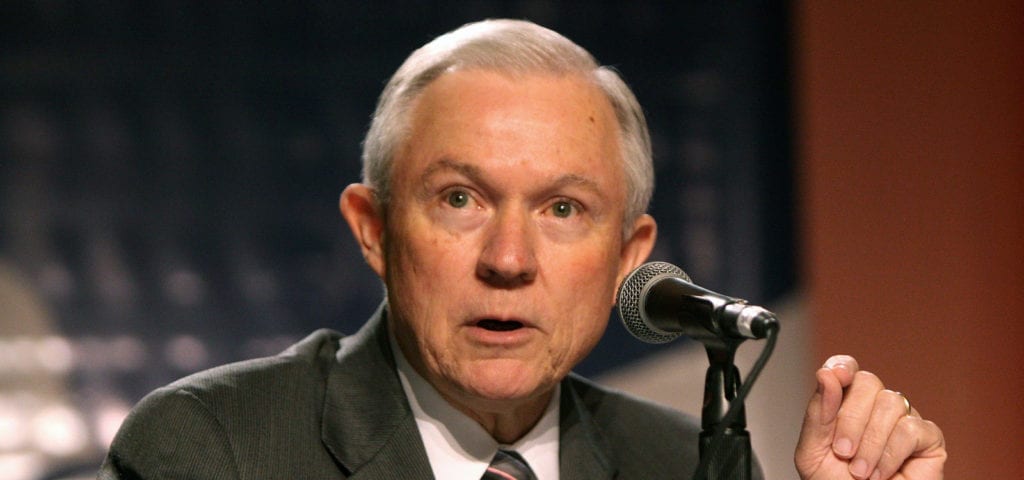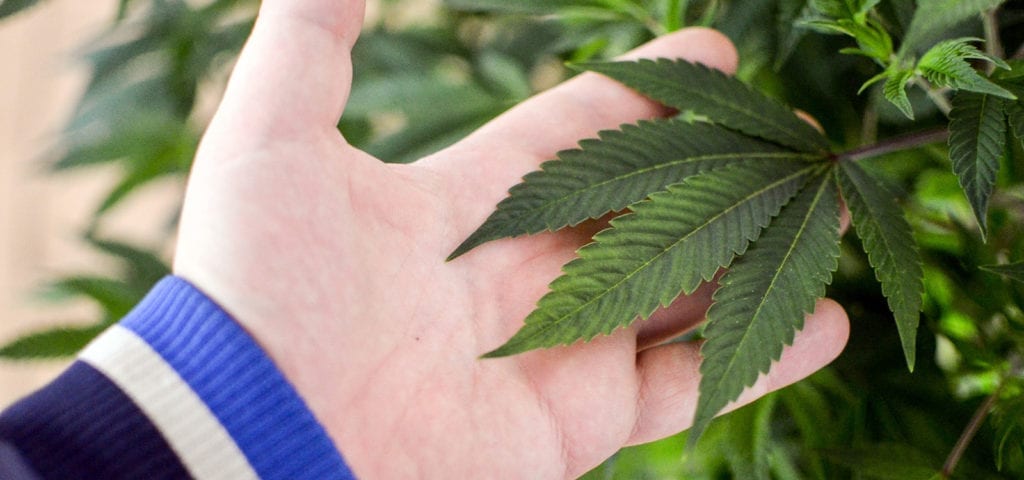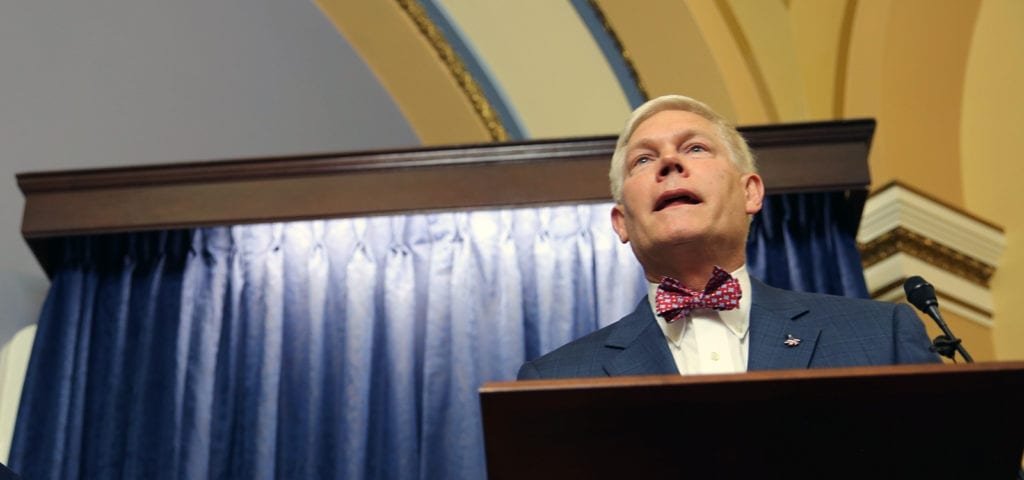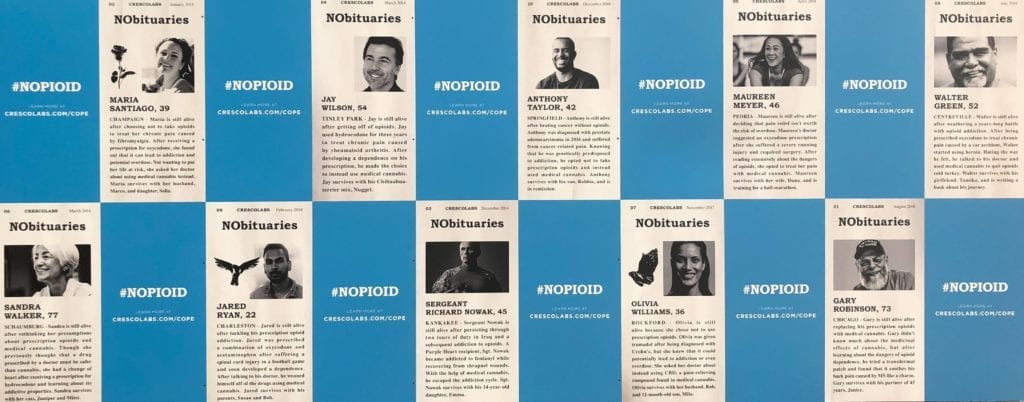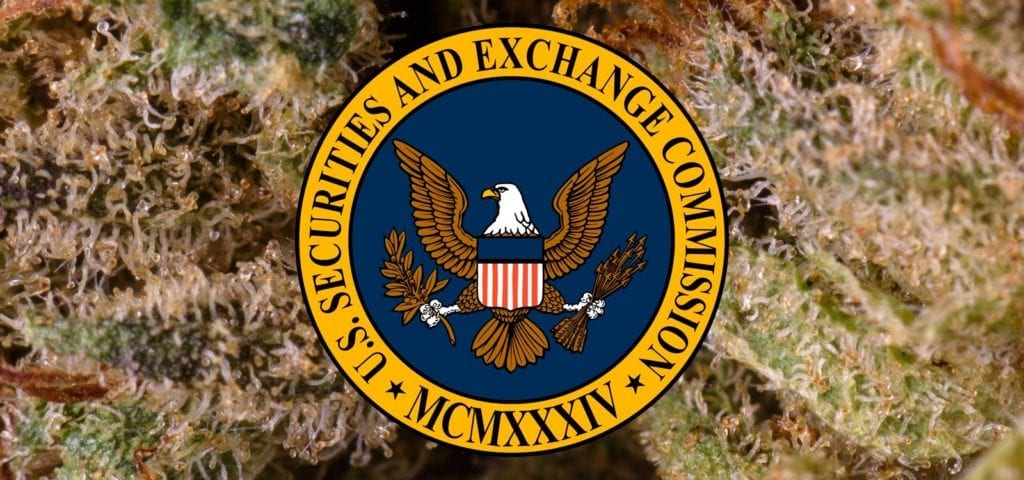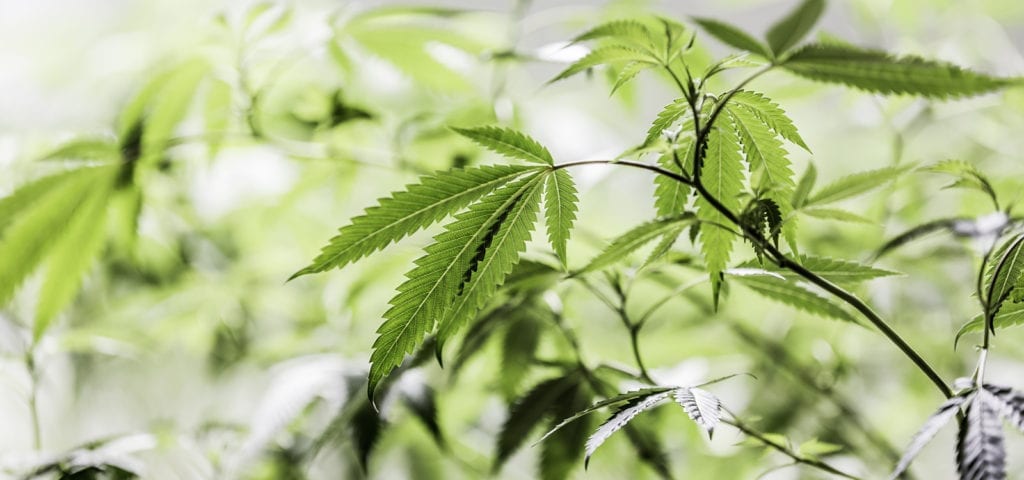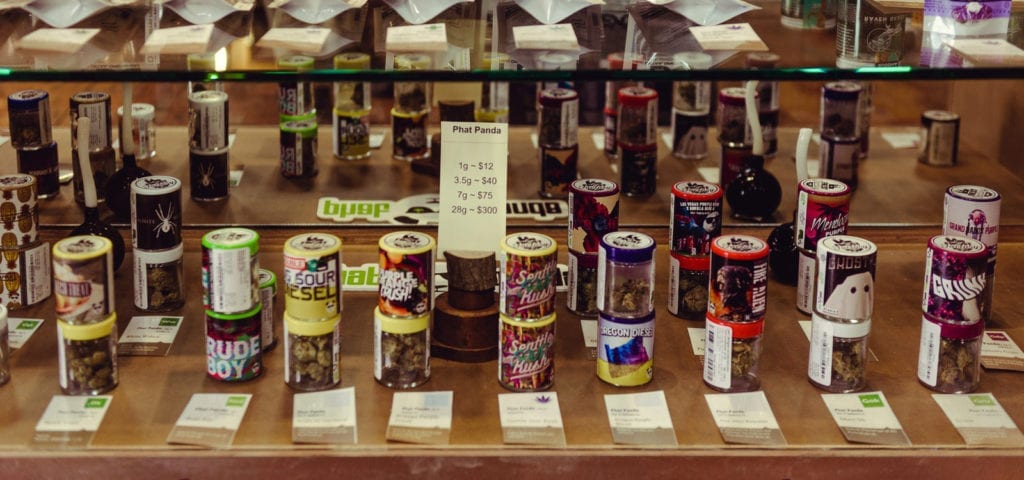Seed-to-sale enterprise resource planning solution covers all operational needs for cannabis businesses
September 6, 2018 (New York, NY) — Leaf Logix, a seed-to-sale enterprise resource planning (ERP) solution covering the full vertical of operational needs for cannabis businesses, has expanded to 27 U.S. markets, including 25 states, D.C., and Puerto Rico. Leaf Logix software solutions range from point-of-sale, business-to-business wholesale distribution, e-commerce, cultivation, processing & manufacturing, reporting, and more.
Oklahoma is the latest U.S. market for Leaf Logix on the heels of the company’s recent global expansion into Africa and South America. The company has expanded rapidly since the start of 2018 as evidenced by continuous double-digit, month-over-month revenue growth.
In addition to integrating with many of the main tech providers in the cannabis space as well as state regulatory compliance software providers, such as Metrc and BioTrack, Leaf Logix has experienced zero platform service disruptions since its inception in 2015. All Leaf Logix products are designed to accommodate multi-license enterprises serving recreational & medical cannabis, hemp, and CBD businesses, and can be run on Apple or Android devices. Leaf Logix cloud-based software is housed on the Microsoft Azure Cloud, offering unparalleled security and convenience.
Leaf Logix founder and CEO, James Minutello, has worked in supply chain logistics for more than 25 years and has a successful track record of building high growth tech and logistics companies which were then purchased in high profile acquisitions by existing public companies such as Priceline and Li & Fung.
“Cannabis facilities face extraordinary challenges when running their businesses, and it is our goal to make compliance and business management needs as seamless as possible,” explains James Minutello, CEO of Leaf Logix. “Our team has been hard at work and we are grateful for the opportunity to help cannabis businesses as they prosper and grow, often into multi-license and multi-state operations.”
To learn more about Leaf Logix, visit www.leaflogix.com.
# # #
About Leaf Logix
Leaf Logix is a seed-to-sale enterprise resource planning (ERP) solution supporting growers, distributors, processors, and retailers in recreational cannabis, medical cannabis, hemp and CBD. Leaf Logix has experienced zero service disruptions and integrates with all regulatory compliance software providers, allowing clients to grow intelligent and compliant operations. With a service footprint spanning three continents and 25 states as well as D.C. and Puerto Rico, Leaf Logix products cover the full vertical of operational needs ranging from POS, B2B wholesale distribution, e-commerce, cultivation, processing, reporting, and more. Leaf Logix cloud-based software is housed on the Microsoft Azure Cloud, offering unparalleled security and convenience. Leaf Logix has offices in New York, Los Angeles, and Denver. To learn more about Leaf Logix, visit www.leaflogix.com, call 800-771-1984 or email sales@leaflogix.com.
